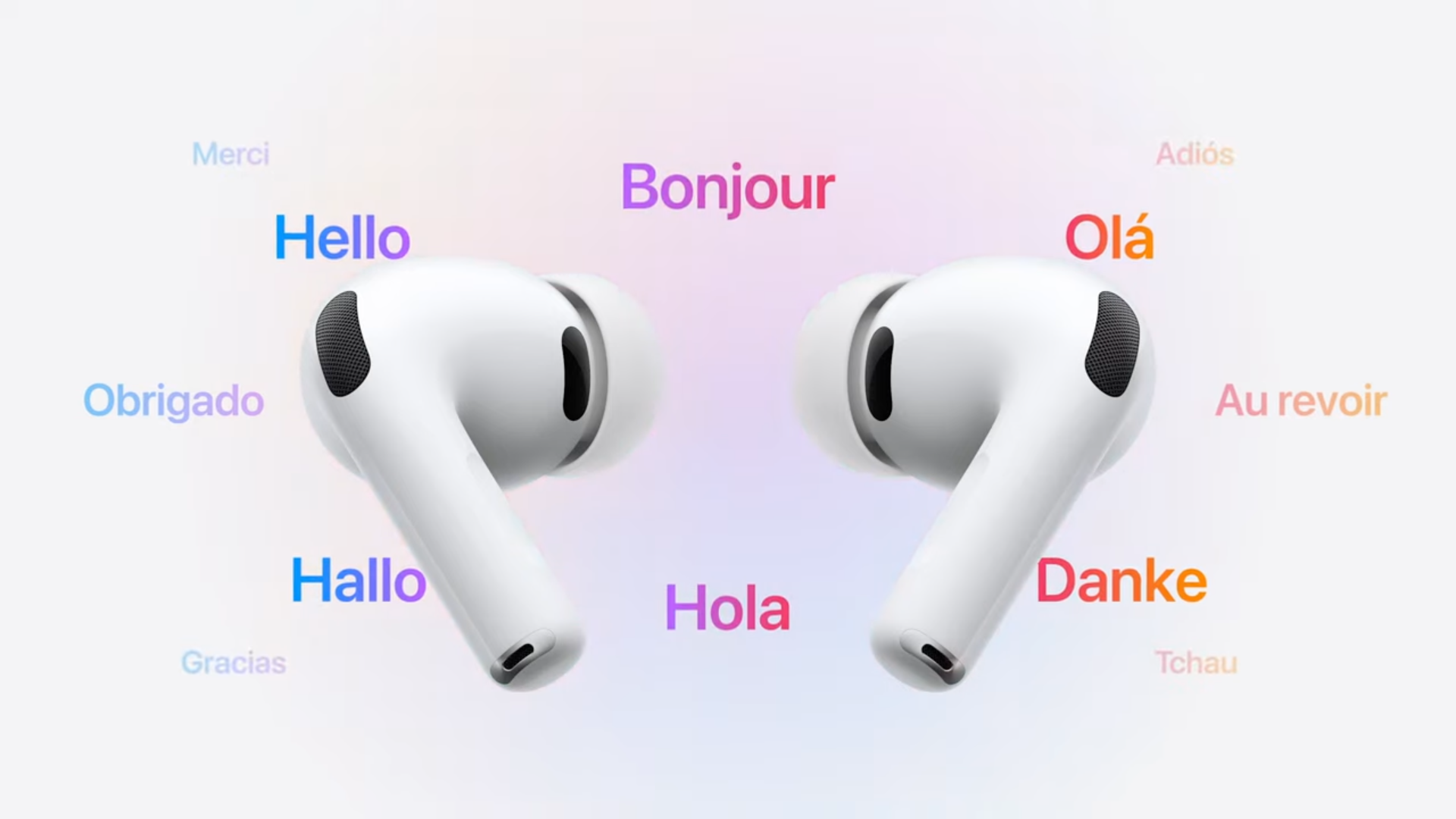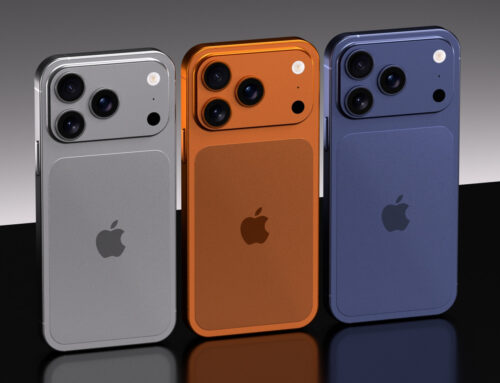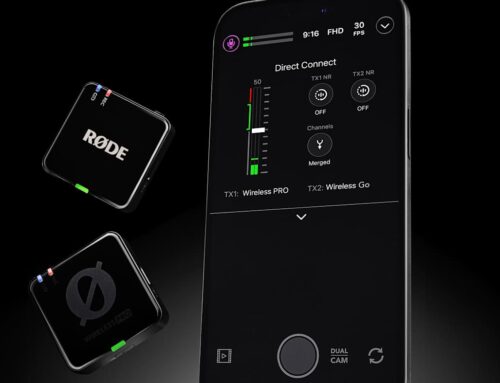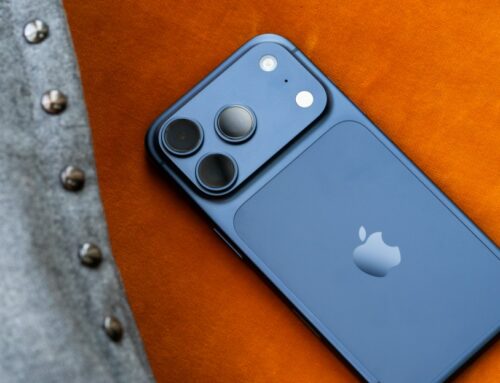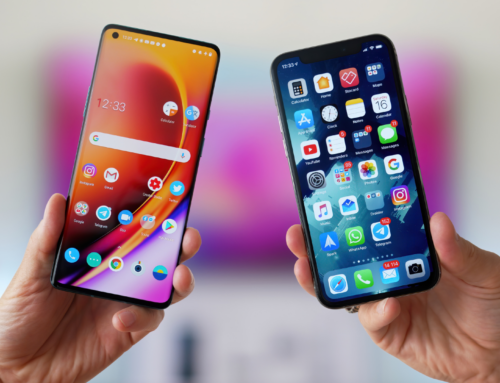Apple’s “Awe Dropping” iPhone event today went big on hardware, debuting new AirPods Pro and Apple Watch models, as well as the entire iPhone 17 line. But despite a few token mentions while discussing chips, the event hardly touched on AI.
That’s a big change of pace after last year’s iPhone 16 reveal, which focused heavily on the launch of Apple Intelligence. Does this mean that Apple’s still lagging behind on AI, or is Apple actually ahead of the curve by downplaying the tech industry’s latest trend?
Just a touch of AI
With one specific exception, Apple didn’t announce any new Apple Intelligence features during today’s event. Given the company continues to lag behind on bringing general AI to Siri—something it promised an entire phone generation ago, but still hasn’t made good on—that might not actually be all that surprising.
Instead, AI was largely kept to the periphery of today’s event. There was some discussion of using Siri to look up information about Apple products (functionality that is already available), and Workout Buddy, an AI-powered health helper that’s already been announced and is set to launch with watchOS 26. Otherwise, AI was largely used only to puff up the new A19 and A19 Pro chips, which do have improved neural engines, supposedly for use with a finalized Apple Intelligence.
As for when we’ll actually see anything of the sort, it’s still unclear. The biggest nod to AI during today’s conference came early on, when Apple noted that you’ll be able to use its live translation features to have a multilingual discussion using the AirPods Pro 3. But even this feature seems to be built on top of Apple’s existing translation AI, even if the AirPods Pro 3 version does come with a unique translation activation gesture, and seems to be a bit more seamless.
Mum’s the word on the everyday Apple Intelligence integration everyone’s still waiting for, however, including that more contextually aware voice assistant. Yes, the company’s new hardware seems powerful enough for AI, but on the software side of things, you’d be excused for assuming Apple has left the race.
Has Apple given up on Apple Intelligence?
Despite making a big deal of AI during the iPhone 16 launch, most of Apple’s AI features to date have been fairly low key, letting you use its models to generate new emoji or, embarrassingly, forward questions to ChatGPT. There’s little in the way of integrating AI into everyday use, as Google has done with Gemini on Android. And the features that are present haven’t always been glowingly received—the company actually had to kill its AI notification summaries for news apps after they continually misrepresented headlines.
Today’s event presented an opportunity to give Apple users some confidence in the company’s AI efforts, especially with competitors already introducing seemingly impressive features like real-time phone call translation, complete with voice cloning. Leaving AI largely unmentioned makes it feel like Apple would rather we all forget about what it said the iPhone 16 would do, even as it tries to sell us on its successor.
Is the company still working on actually utilizing those impressive new neural engines, or is it just quietly hoping to put that whole Apple Intelligence thing behind it?
What’s going on behind the scenes?
Supposedly, Apple Intelligence is still in active development, but timelines for actually shipping any software are still unclear, which probably goes a long way toward explaining its absence during today’s event. According to a report this summer from Bloomberg’s Mark Gurman, the company was late to the ball with investing in AI, not believing it was ready for market until ChatGPT’s launch in 2022. Since then, it’s tried to catch up, but things don’t seem to be going well.
Basically, while Siri makes the most sense as the chief way you’d access Apple’s AI, the truth is that it already handles a number of more basic tasks, like reminders and alarms. According to Gurman, Siri’s AI actually works decently well on its own, but the company is having trouble integrating it with the more bread-and-butter classic Siri. And (rightly so, in this reporter’s opinion), it’s hesitant to release an AI-powered version if that means breaking existing features.
That didn’t stop the company’s marketing arm from going forward with advertisements last year, though, which has left it in a bit of an awkward position. Gurman says Siri’s AI upgrade has now been delayed “indefinitely.”
Does that mean Apple really has given up on Apple Intelligence (or at least for all but the most minor features)? Well, it’s still building AI hardware into its phones, so the company’s certainly doing some future-proofing. But the truth is, it’s probably a lot less sure about what’s to come than it used to be.
The limits of AI
If you can’t beat it, kill it: Shortly after Gurman’s report this June, Apple’s own researchers published a study criticizing its AI competition. The paper accused advanced “large reasoning models” from companies like OpenAI and Anthropic, which attempt to take on complex problems by breaking them down into more manageable steps, of suffering from “complete accuracy collapse” when presented with sufficiently difficult problems.
On the surface, that sounds understandable: We can’t expect perfection from AI just yet. But the idea proposed a limit on what AI could do. The paper argued that less powerful, more traditional large language models performed better on low complexity tasks, which raises the question: if the most advanced AI models right now can’t handle the difficult stuff, and are worse on the simple stuff, what use are they at all?
In other words, it’s possible that the tech industry as a whole doesn’t know where to take AI right now, since its current best efforts don’t seem to be capable of reliably accomplishing what they’ve been built to do.
With this in mind, it would make sense if Apple decided to back off on Apple Intelligence for now. While other companies are certainly ahead of Apple in the AI race as it currently exists, if the iPhone maker is right, the likes of Google and Samsung might soon find themselves running into diminishing returns. It’s hardly the first time someone has warned of the potential collapse of the AI bubble.
Which leads into what’s probably the biggest reason Apple avoided AI during its presentation: It didn’t need it.
Do people even want AI in their devices?
Apple’s iPhone 17 event stands in stark contrast to Google’s Made by Google event from late August. Where Apple’s keynote went deep into hardware specs, Google’s glossed over those details. And where Apple largely ignored AI, Google’s put it center stage.
There’s no doubt about it: The Pixel 10 line’s AI is certainly more advanced than the iPhone 17’s. It can use AI to touch up a photo that’s been zoomed in over 100 times, and there’s that voice cloning translation I brought up earlier. But there are caveats to consider.
Frankly, when I actually got my hands on the Pixel 10 and Pixel 10 Pro, the AI, while more fleshed-out than Apple Intelligence, still felt like a novelty. The 100x zoom warps your photos and gives you scenes that look like they’re from an alternate universe, and the voice translation during phone calls requires the person you’re calling to be on the same model of phone as you, which highly limits its usefulness. I ended up caring more about the same old, same old when it comes to phones: battery life, the thickness of the device, how hot it gets under a heavy load, and how good the cameras are.
I’d wager I’m not alone. And as such, it was actually refreshing to see Apple focus more on the bread-and-butter specs of their devices, rather than flashy AI features I’m likely to only use once or twice. The competition is better at Apple than AI right now, yes, but if the company’s research is anything to go on, it seems like Cupertino might be betting on the fact that AI may have run its course, both in how much even the best the tech can do, and in how much people care about it.
The future of Apple Intelligence
So, is Apple Intelligence cancelled? It probably depends on how consumers respond to the iPhone 17 versus its more AI-centric competition. If Apple can continue to sell its phones just as well without pouring millions into developing AI features it’s already behind on, then yes, I could see it quietly letting most of its AI programs die, while hoping we all forget about what it said the iPhone 16 would be able to do. It wouldn’t be the first time the company has announced a product only to abandon it shortly thereafter.
But the truth probably lies somewhere in the middle. Right now, Apple does rely on ChatGPT integration to help make up for its AI-deprived Siri. In continuing to build its phones with powerful neural engines, it’s enabling them to keep working with third-party tools as they continue to develop. Your iPhone will probably still have AI functionality in the future, but I wouldn’t bet on it getting significant new Apple-driven AI support anytime soon. Apple Intelligence will likely soldier on, but don’t be surprised if it’s a lot more modest and integrated with tech from other companies going forward.

